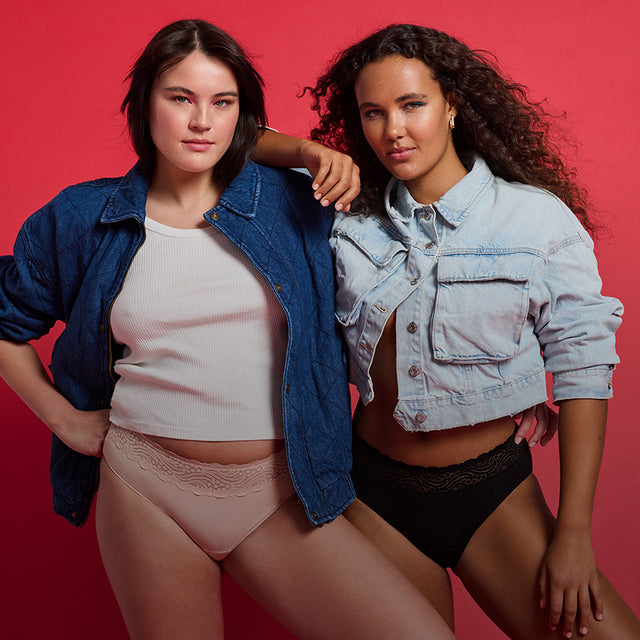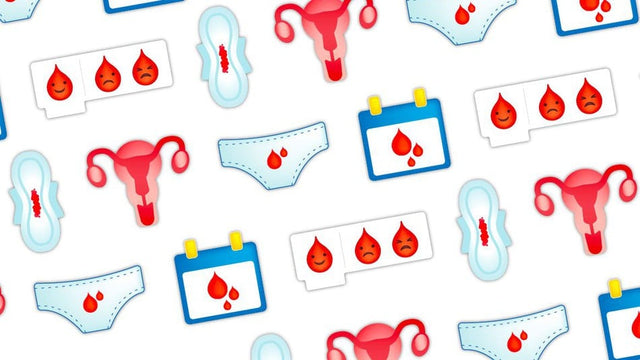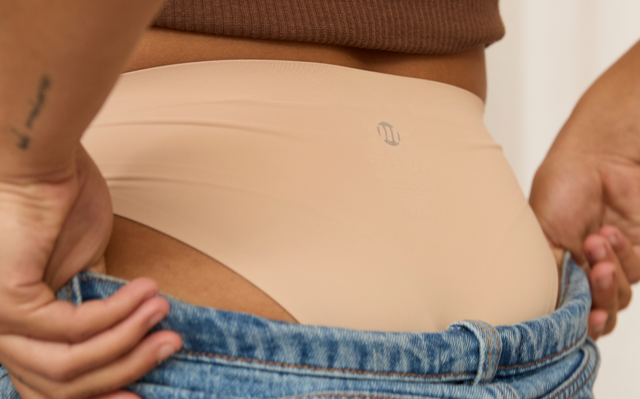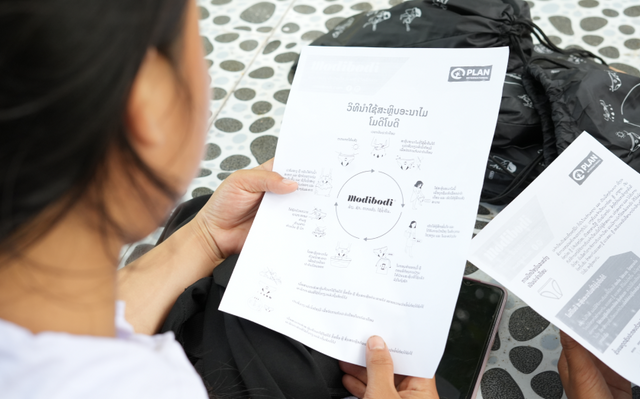The 21st century has brought about a lot of changes, particularly the overwhelming power of social media. It can connect people around the world and start important, thought-provoking conversations but it can also start controversy.
There have been two recent developments in the online world which has sparked a lot of debate, outrage, confusion but most importantly, conversation.
At Modibodi, we support many organisations, people and movements who seek to break down the taboos and stigmas surrounding menstruation. There's been a lot of talk lately about Plan International who have started a petition to have period emojis added to the keyboard on phones. At first, this might seem totally trivial and not important, after all, its just an emoji right? Well actually, its a lot more than that. Its a symbol of willingness to be open and honest about normal bodily functions and the important part they play in the lives of all women. Earlier this year, Plan International held a petition where people could cast their vote for their favourite period emojis that they'd like to see included in future emoji updates. Between the UK and Australia, over people voted which is an amazing turnout. Overwhelmingly, with 18,700 votes, the underwear emoji was the popular choice. The organisation is now taking this information to the Unicode Consortium (the people who manage emojis worldwide) to show them the demand for this emoji to be included. (Plan International)
Emojis are actually a lot more important than we'd ever think, they are a language in their own right. Its amusing that an emoji still exists for a floppy disc (does anyone even use these anymore?) but we have no emoji to encapsulate all the emotions felt by women for a week of EVERY month. All the cravings, bloating, mood swings are all completely unaccounted for. If we can have five different kinds of hat emojis, then we can have a period emoji. These visualisations are used and understood by women of all ages from all cultures and are such an amazing tool for transcending global boundaries and starting conversations between women worldwide.
Modibodi would love to see this movement happen for so many reasons. We never stop drawing attention to all the direct, negative consequences of menstruation stigma. The list is endless, from girls missing out on education, being ostracised in their community, believing false myths which damage their esteem and confidence and having a lack of available resources to protect them and having to resort to unhygienic methods. These consequences are not limited to the developing world either but is actually faced by women on all corners of the world.
Interestingly, access to feminine hygiene products doesn't appear to be an issue exclusive to developing nations. We often think of women living in rural villages as not having access to products and while this is true, the same issue can also occur in developed Western nations. The University of ANU recently expressed their disgust at the lack of clean sanitation available on campus, with sanitary bins in the womens bathrooms actually overflowing with used products as they hadn't been cleaned in over a week. While this may not reflect a product access issue, it does represent a lack of access to sustainable and hygienic forms of menstrual protection. Ditching the disposables means ditching the sanitary bins and avoiding issues like this one.
Not to mention the pricing of disposable items such as pads and tampons take a toll on young women who struggle to afford these every month. The student run publication 'Grapeshot' at Macquarie University published an article highlighting the unfairly priced menstrual items at the universities on-campus general store - Macshop. The debate on tampon prices at Universities across Sydney has been mounting since 2015, with students becoming increasingly aware of the unnecessary profits being made by these merchants on so called 'luxury' items. The stores claim they find it difficult to compete with Supermarket low prices and therefore feel the need to inflate their prices (Grapeshot, 2017). Capitalism at its finest and another example of the global nature of this access crisis. Access to menstrual items, access to the hygienic disposal of them and access to fair and reasonable prices. For more information on how the pricing and tax of these one-use items can be negatively impacting your life and wallet, read our earlier blog post here .
Modibodi has made it our mission as a brand to start these conversations and ensure women all over the world have equal access to these necessary items. By introducing products such as period underwear into your life, you are reducing the negative consequences associated with disposable items such as the ones previously mentioned. So make the switch today and ditch the disposables!








